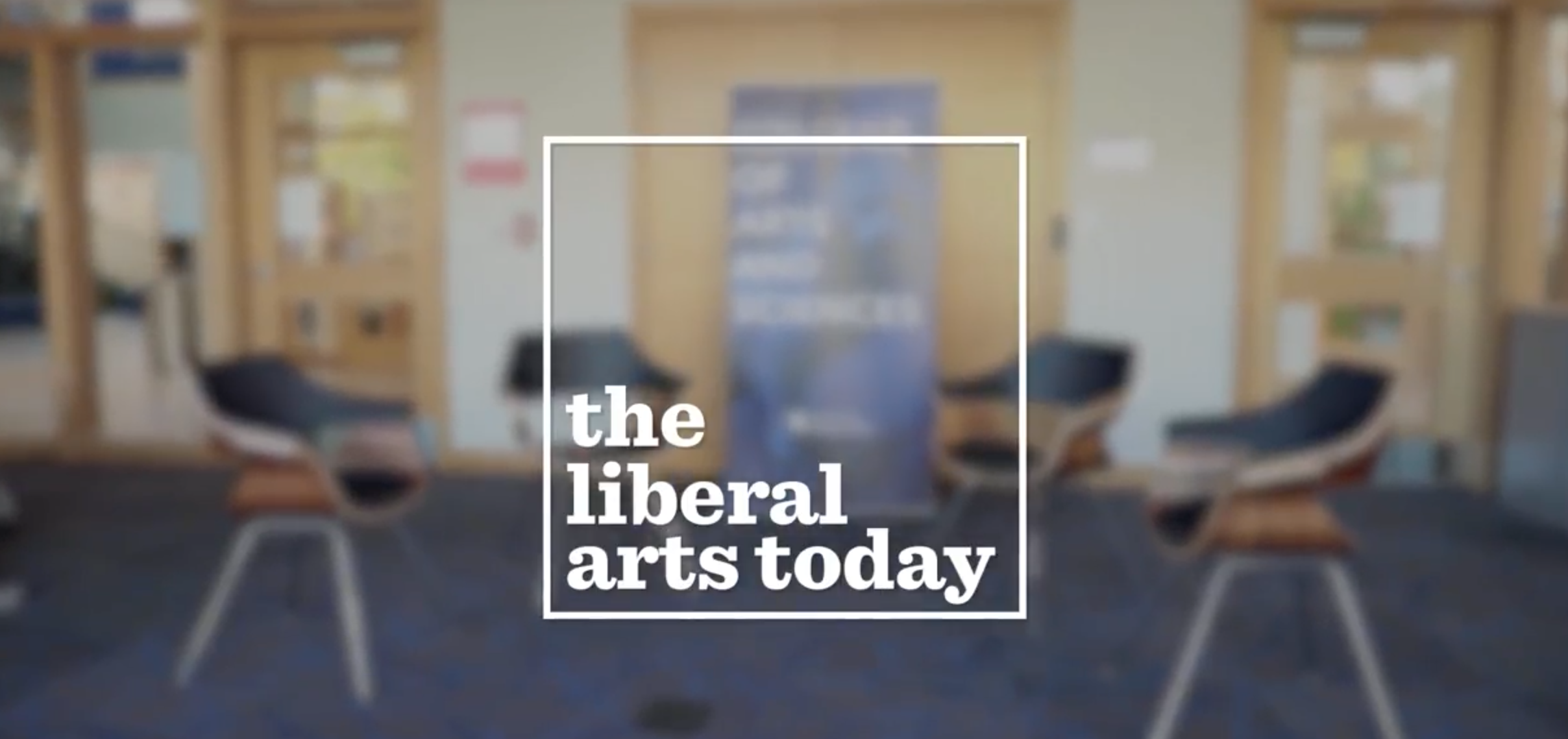By: Lindsey Piercy
Sounding an alarm on the crisis of liberal arts education is nothing new, but now, perhaps more than ever before, questions about the direction and importance of a liberal arts degree are being asked.
The College of Arts and Sciences at the University of Kentucky is working diligently to answer those questions. The college has launched a first-of-its-kind video series titled, "Insights — The Liberal Arts Today." The goal is to address the myths and realities in the field.
"We're living in an increasingly global society. College costs more than it did before, and parents want to make sure it's setting up their children for the future," Mark Kornbluh, dean of the Col
lege of Arts and Sciences, said. "I've gotten to know a lot of alums from our college, a lot of very successful people. In later life, they realize their liberal arts education was key to their success as a businessman or businesswoman."
The first installment, which can be viewed online, features an informal discussion between a host of assistant professors. Together, they explain the value of a liberal arts education. DaMaris Hill, assistant professor in the Department of English, hopes to calm some of the concerns surrounding the practicality of these programs.
“Without a liberal arts education, even if you’re in a technical job, you can’t be innovative. We teach how to access the imaginative and critical skills that have always been available to us from birth," Hill continued. "Rather than presenting drill sets and technical exercises for people to perform in an automatic space, we actually teach them to innovate. So, without a humanities education, I don’t know how what we call scientific progress or progress in business would actually happen."
Betsy A. Beymer-Farris, assistant professor in the Department of Geography and director of Environmental and Sustainability Studies, echoes these sentiments.
“We live in a world where we have so much information to sift through. I was just meeting with a $3 billion dollar corporation and they said that’s one of their challenges, they have so much data. So they need the minds of liberal arts thinkers to help analyze the evidence and then present that to a broad audience,” she said.
To address the breadth and value of various forms of knowledge in a changing world, the liberal arts majors and programs at UK make up a sizable portion of the university’s largest college. They provide students with opportunities to explore humanities, arts, mathematics and natural and social sciences, as opposed to only professional or technical disciplines. This is a testament to the range of knowledge students gain when studying the liberal arts.
“I think it’s interesting that a liberal arts degree is often considered just the humanities or just the social sciences, but we actually train future doctors,” Beymer-Farris said. “We produce really important scientists who are changing the world and how we know it in fundamental ways, and it’s one of the most integral parts of a liberal arts degree.”
“The College of Arts and Sciences also produces lawyers, psychologists, teachers and men and women who have robust careers in a wide-range of businesses,” Kornbluh added.
Julia Bursten, assistant professor in the Department of Philosophy, agrees by addressing the critical thinking skills a liberal arts degree provides. “There is an idea that what you are getting out of a college education is a certain amount of content downloaded to your brain that you didn’t have before,” she said. “The ability to navigate that content critically, with good judgment, and to recognize what kind of information is going to solve which problems is what you get out of a liberal arts education.”
Anxieties often center on the prospective job market. The college gives students a well-rounded education in core disciplines preparing them for a variety of careers — not just a first job. The vast majority of job descriptions highlight skills like teamwork, clear writing, problem-solving and strong communication skills, all of which are developed by studying the liberal arts.
"I think there is a misconception that we don't prepare our students for actual careers in the real world," Beymer-Farris said. "We invest a lot of time in helping students understand what career options are available to them and how a liberal arts degree provides them with the necessary tools and skillsets to get great jobs."
The video, produced by the College of Arts and Sciences, is the first of more to come which will highlight different areas and topics within the college. View the full discussion online. The college has also launched a website, “Learning Amplified: Leading Through the Liberal Arts,” focusing on the importance of a liberal arts education and the opportunities available.
